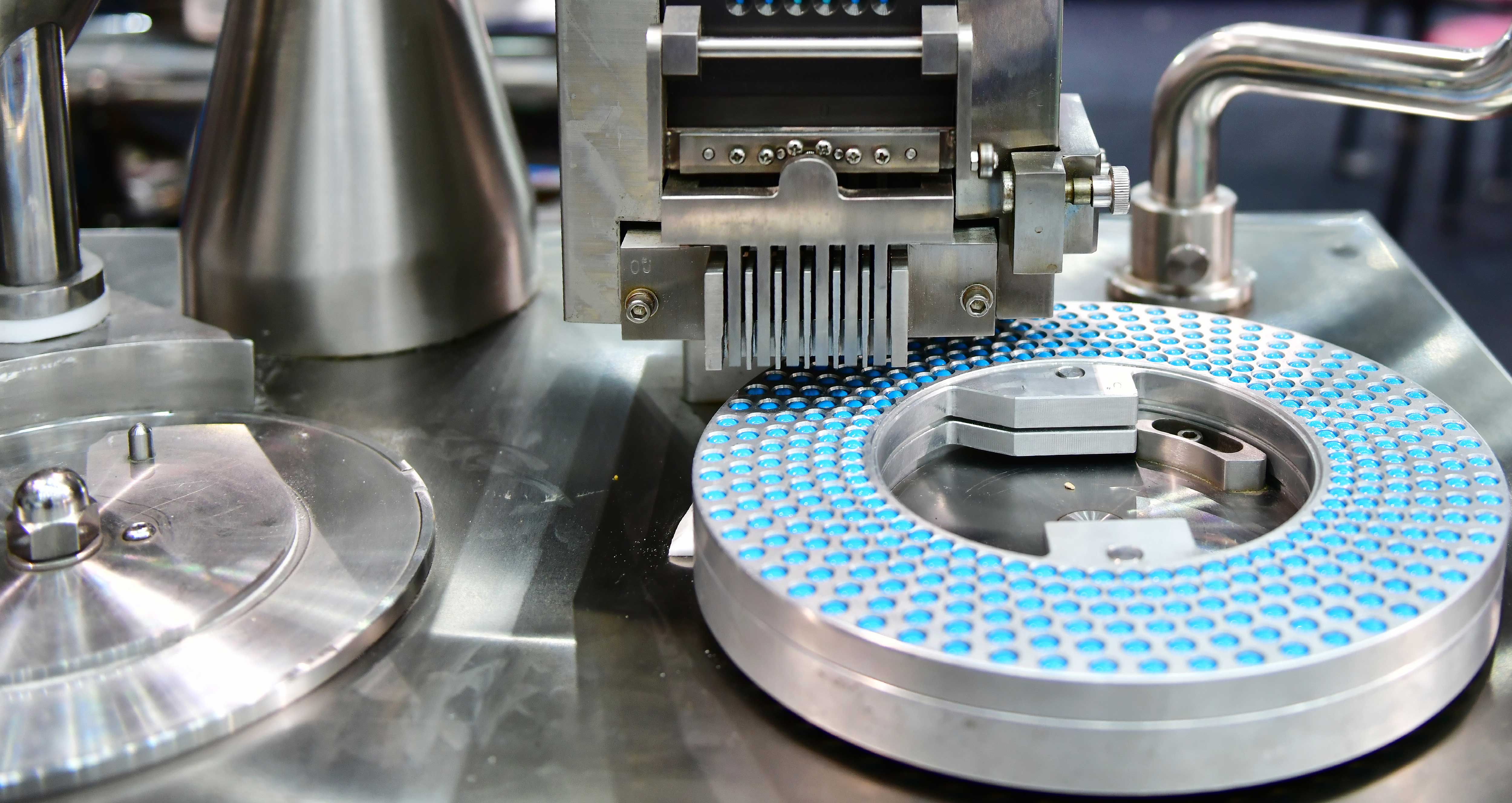Many over-the-counter and prescription drugs can be stored under normal, ambient conditions. As long as the temperature is reasonably controlled, humidity is low, and they’re kept out of direct sunlight, they have a long shelf life.
Read MoreEnvironmental monitoring is important in several aspects of healthcare facility operations. For example, the temperature and humidity in critical care spaces, like operating rooms and ICUs, must be controlled for patient safety and comfort, and to maximize energy efficiency. Continuous monitoring...
Read MoreAn early 2021 inspection of an Eli Lilly pharmaceutical plant in Indianapolis led to the FDA issuing a Form 483. The inspectional observations that were listed in the form included problems with environmental monitoring, microbial contamination prevention procedures, and root cause investigations...
Read MoreIn this blog, we frequently talk about remote monitoring, and specifically how networked sensors can be used to continuously collect data on critical environmental and process parameters. In this article, we’ll focus on the applications for this type of centralized monitoring system for hospitals...
Read MoreThe health of American citizens relies largely on the quality of prescription drugs they take. Even though the United States takes every precaution to secure its medication supply chain, there are still certain issues that can arise. In order to combat the potential risks of an unsecured supply...
Read MoreThe biopharmaceutical industry is experiencing an unprecedented increase in demand, which is expected to continue for the foreseeable future. In response, companies are scaling up their operations as quickly as possible. However, since it is heavily regulated, rapid scale-up in biopharma is more...
Read MoreFood plants and warehouses have a responsibility to comply with FDA regulations to ensure that high quality products are being distributed to the public. Recently, the FDA has been particularly concerned about temperature monitoring conditions, and therefore, are issuing citations to facilities for...
Read MoreBlood banks perform the critical functions of collecting, testing, processing, storing, and distributing the over 10 million units of blood donated in the US every year. The tasks performed on a daily basis in a blood bank are diverse and complex.
Read MoreIn July, acting FDA commissioner Janet Woodcock announced that the FDA would be resuming non-mission-critical facility inspections, effective immediately. In this article, we’re going to discuss what that means for pharmaceutical companies, and how they can prepare for a successful audit.
Read MoreAn electronic data logger is a compact, self-contained unit that measures, records, and transmits data. Data loggers are an efficient, cost-effective way to continuously monitor temperature, humidity, pressure, and virtually any other parameter that can be measured with a sensor that generates an...
Read More









